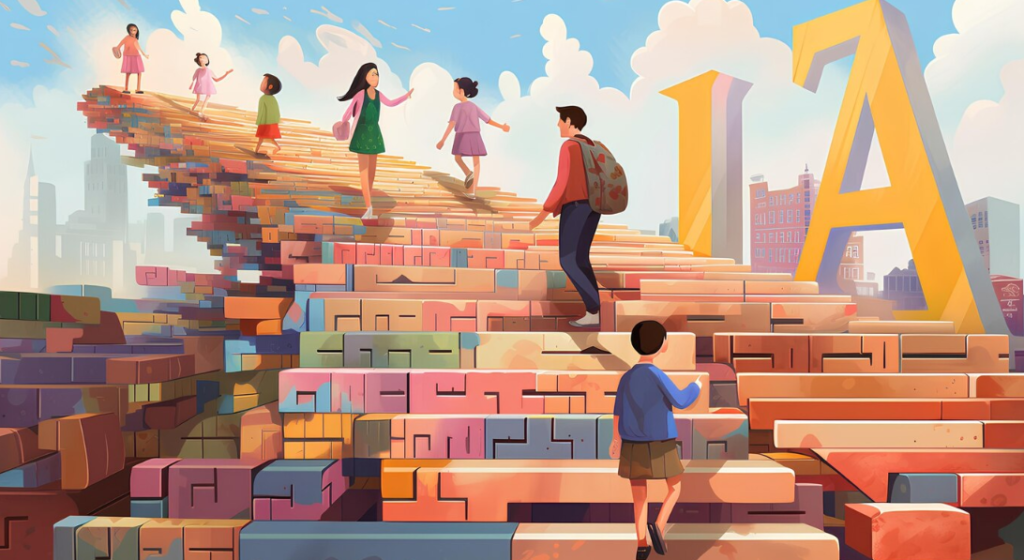Introduction
Education extends beyond textbooks and classrooms. Real-world experiences provide students with practical applications of their academic knowledge, enhancing their understanding and retention of concepts. Integrating experiential learning into education fosters deeper comprehension, critical thinking, and problem-solving skills. This article explores how real-world experiences reinforce academic learning and prepare students for future challenges.
Bridging Theory and Practice
One of the most significant benefits of real-world experiences is their ability to connect theoretical knowledge with practical applications. This connection helps students understand abstract concepts in a tangible way. For instance:
- Science Experiments: Laboratory work enables students to see theoretical principles in action, reinforcing classroom lessons.
- Internships and Apprenticeships: Hands-on work experience in professional settings bridges the gap between academic theories and industry practices.
- Field Trips and Case Studies: Exposure to real-world environments deepens students’ understanding of historical events, geographical phenomena, and business strategies.
Enhancing Critical Thinking and Problem-Solving Skills
Real-world experiences challenge students to apply their knowledge in dynamic and unpredictable situations. This process cultivates:
- Analytical Thinking: Encountering real-world problems encourages students to analyze situations from multiple perspectives.
- Decision-Making Skills: Making choices in practical scenarios teaches students the consequences of their decisions.
- Creativity and Innovation: Facing real-life challenges stimulates innovative thinking and solution-driven approaches.
Increasing Engagement and Retention
Experiential learning enhances student engagement and knowledge retention by making learning more interactive and memorable. Some key aspects include:
- Active Participation: Hands-on experiences make learning more engaging than passive reading or listening.
- Emotional Connection: Personal involvement in real-world scenarios creates a deeper emotional connection, leading to better retention.
- Application of Knowledge: Using academic concepts in real situations reinforces learning and builds confidence.
Developing Soft Skills and Professional Competencies
Beyond academic knowledge, real-world experiences help students develop essential life skills, such as:
- Communication and Collaboration: Working on real projects enhances teamwork and interpersonal communication.
- Adaptability and Resilience: Exposure to real-world challenges fosters flexibility and perseverance.
- Leadership and Responsibility: Taking initiative in real-world settings strengthens leadership abilities and accountability.
Practical Ways to Integrate Real-World Learning
Educators and students can incorporate real-world experiences into academic learning through:
- Project-Based Learning: Engaging in real-world projects that require research, problem-solving, and presentation skills.
- Community Service and Volunteering: Applying knowledge to social causes fosters civic responsibility and empathy.
- Entrepreneurial Activities: Encouraging students to develop business ideas and manage small projects enhances financial literacy and strategic thinking.
- Simulations and Role-Playing: Creating real-life scenarios in classrooms improves decision-making and practical application.
- Networking with Professionals: Interacting with industry experts and mentors provides insights into career paths and professional expectations.
Conclusion
Real-world experiences significantly enhance academic knowledge by bridging the gap between theory and practice, fostering critical thinking, and improving engagement. Integrating experiential learning into education equips students with the skills and confidence needed to navigate future academic and professional challenges. By embracing real-world applications, students gain a more comprehensive and meaningful education that prepares them for success.


